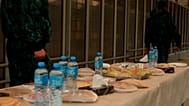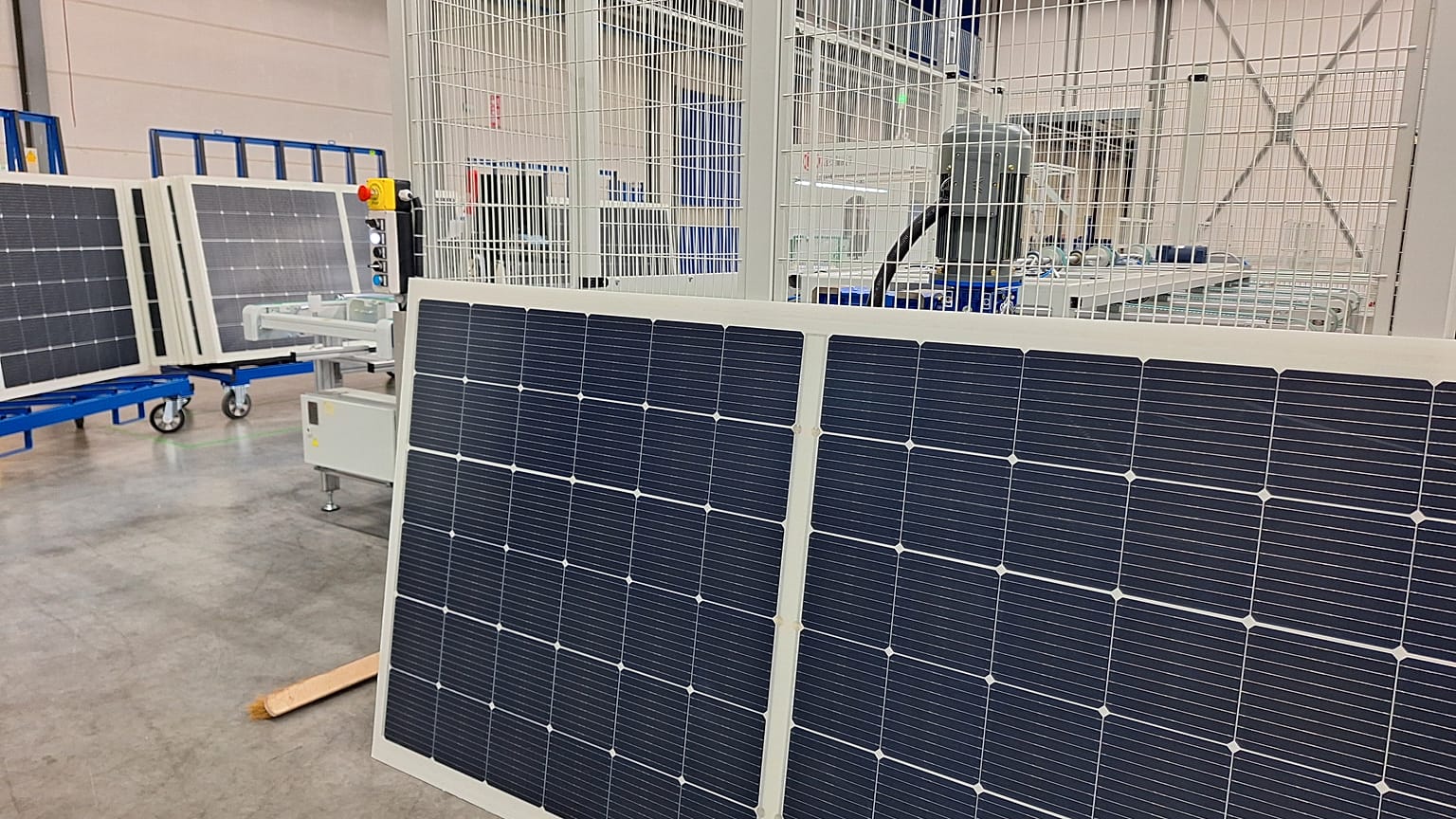Cheap Chinese solar panels are flooding the EU market and threatening the viability of homegrown companies.
Europe's solar industry warns it faces an "existential threat" and that unless action is taken soon, it could collapse in a matter of months.
 ADVERTISEMENT
ADVERTISEMENT
 ADVERTISEMENT
ADVERTISEMENT
An industry group is calling on the European Commission to introduce emergency measures, for example by stocking up on solar panels to ensure liquidity.
They say the influx of China-made solar panels, whose price is artificially lowered through generous state aid, into the EU market is to blame for the critical situation. According to the industry, Beijing has a near monopoly in the field: "China has been subsidising its industry for more than a decade," says Johan Lindahl, secretary general of the European Solar Manufacturing Council (ESMC).
"They decided to consider photovoltaic (PV) a strategic technology more than fifteen years ago. They have done the same in other areas such as electric vehicles and batteries," Lindahl added.
Low prices have led companies such as Switzerland's Meyer Burger, formerly the largest solar manufacturer in Germany, to relocateto the United States and benefit from Joe Biden's Inflation Reduction Ac. Other firms, such as Solarwatt, have dismissed staff to cut down production costs.
Innovation is key
A solar module produced in China is about 50% cheaper than its European equivalent. The quality, experts say, is nevertheless comparable. The industry has therefore no choice but to innovate if it wants to survive.
Solarge, a factory in the Netherlands, produces solar panels that are lighter than traditional ones and can be installed on roofs that cannot sustain much weight.
But even with a growth strategy, the situation could become untenable, says Gerard de Leede, Solarge's CTO and co-founder. "If it takes a year or two, many companies, and of course us, will definitely see impact," he told Euronews. "We will have to lower our prices and we will be less competitive and less profitable."
Currently, solar panels manufactured in Europe account for only 3% of the market. However, SolarPower Europe believes that this could rise to 40% by 2030.
The Chinese impact not only endangers companies but also hampers the bloc's industrial autonomy. The EU is close to approving the Net-Zero Industry Act to slash red tape and ramp up domestic production of renewable systems, like solar panels, wind turbines and electric batteries. The Act was hastily designed in response to the Inflation Reduction Act but, unlike the American initiative, it does not envision tax credits and rebates.
A separate regulation aims to ban the sale in the EU of products made with forced labour, which would prohibit many goods manufactured in parts of China.
Clash with climate targets
The goal of competing against low-cost Chinese solar panels might soon clash with the long-term climate targets introduced by the bloc, which will require a massive deployment of renewable systems to completely do away with fossil fuels.
Speaking before the European Parliament in early February, Mairead McGuinness, the European Commissioner for financial services, dampened the industry's hopes for tariffs on cheap imports, insisting that "any potential measures must be weighed against the goals we have set for the energy transition."
For Dries Acke, policy director at SolarPower Europe, it is "important that the solar market in Europe continues to grow." But, he warns, "any industrial strategy for manufacturing has to make sure that it does not negatively affect the continued growth of European solar markets."
This balance is essential for the EU. Solar energy is one of the cheapest and easiest to install, so rapid deployment can make a difference in meeting climate targets. By 2030, 42.5% of all EU energy will have to come from renewable sources.














